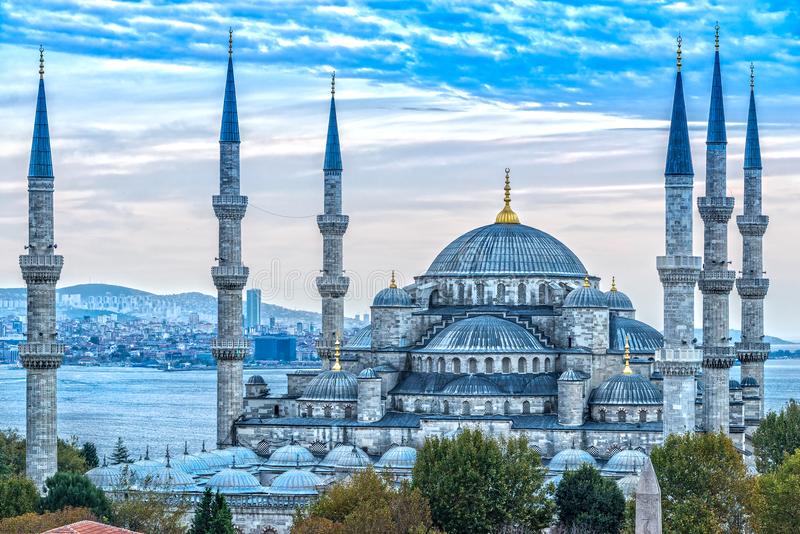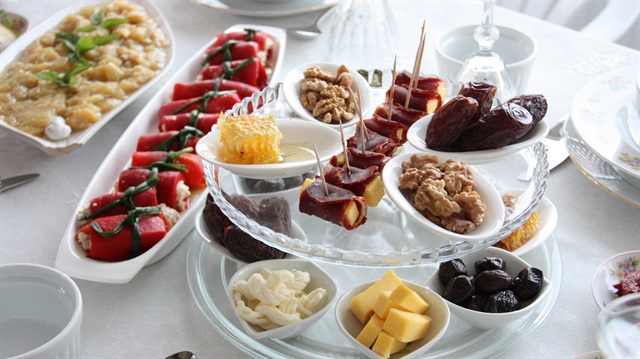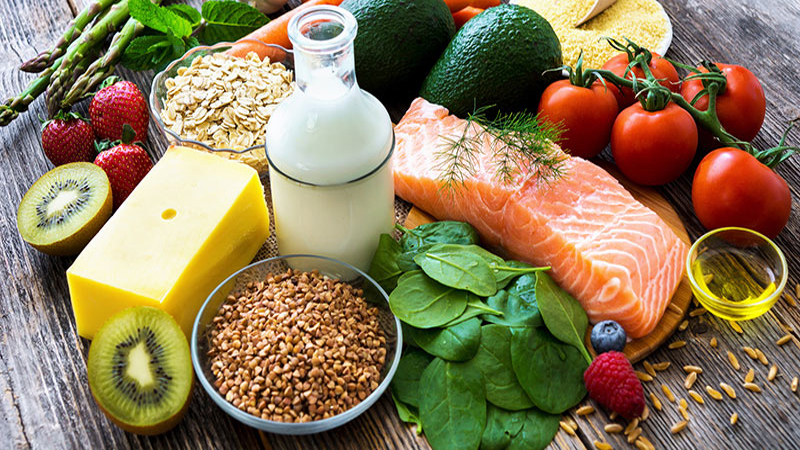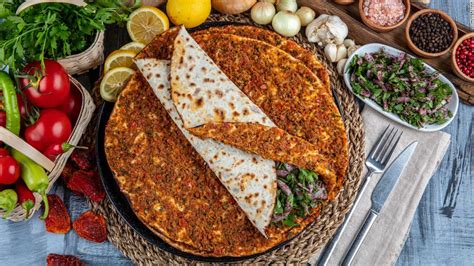Ramadan is a holy month for Muslims worldwide, where they fast from dawn to sunset. This time calls for discipline, patience, and spirituality. However, it is essential to maintain a healthy and balanced diet to avoid any health complications. In this article, we will discuss what to eat during Ramadan, suggestions, recipes, and important considerations to ensure a healthy Ramadan.
Suhoor and Iftar
The Two Essential Meals of Ramadan Suhoor and Iftar are the two essential meals of Ramadan.
Suhoor is the pre-dawn meal that Muslims consume before the Fajr prayer. It is essential to have a wholesome and nutritious meal at Suhoor as it helps in maintaining energy levels throughout the day. Some suggestions for Suhoor meals are:
- Oatmeal with nuts and fruit
- Wholegrain toast with peanut butter
- Eggs with spinach and wholegrain bread
- Greek yogurt with berries and granola
Iftar is the meal that Muslims consume after sunset to break their fast. It is essential to have a balanced and nutritious meal at Iftar to replenish the body’s energy and nutrients. Some suggestions for Iftar meals are:
- Lentil soup with wholegrain bread
- Grilled chicken with quinoa and roasted vegetables
- Baked fish with brown rice and stir-fry vegetables
- Chickpea salad with mixed greens and a wholegrain pita
Titles
Foods to Avoid During Ramadan
It is important to avoid certain foods during Ramadan to maintain a healthy and balanced diet. These include:
- Fried and greasy foods
- Processed and high-sugar foods
- Caffeinated drinks
- Salty foods
Hydration during Ramadan
It is crucial to maintain proper hydration during Ramadan, especially during the summer months. Muslims should consume plenty of fluids, especially water and electrolyte-rich drinks, to avoid dehydration. It is also important to avoid sugary drinks and caffeine as they can cause dehydration.
Important Considerations for People with Medical Conditions
People with medical conditions such as diabetes, high blood pressure, and gastrointestinal problems should take special care during Ramadan. They should consult their doctors and nutritionists to plan their meals and medication timings during the month.
Ramadan Recipes
Here are some Ramadan recipes that are nutritious and delicious:
- Lentil Soup: Cook lentils, onion, garlic, and vegetable broth in a pot. Add salt and pepper to taste. Serve with wholegrain bread.
- Chickpea Salad: Mix chickpeas, diced tomatoes, cucumber, red onion, and feta cheese in a bowl. Drizzle olive oil and lemon juice over the salad and serve with a wholegrain pita.
- Grilled Chicken: Marinate chicken breasts in lemon juice, garlic, and herbs. Grill the chicken and serve with quinoa and roasted vegetables.
- Baked Fish: Season fish fillets with paprika, cumin, and lemon juice. Bake in the oven and serve with brown rice and stir-fry vegetables.

If you are visiting Turkey during Ramadan, you will have many delicious options to choose from. Here are some of the foods that you can eat during Ramadan in Turkey:
- Dates: Dates are an important part of the Ramadan diet in Turkey. They are usually the first food that Muslims eat when they break their fast.
- Pide: Pide is a type of Turkish bread that is commonly eaten during Ramadan. It is similar to pizza and is topped with cheese, meat, or vegetables.
- Soups: Soups are a popular dish during Ramadan in Turkey. Some of the most common soups include lentil soup, chicken soup, and vegetable soup.
- Kebabs: Kebabs are a popular dish in Turkey, and they are commonly eaten during Ramadan as well. They are made with meat (usually lamb or chicken) and are grilled or roasted on a skewer.
- Börek: Börek is a pastry that is commonly eaten in Turkey. It is usually stuffed with cheese, spinach, or meat.
- Baklava: Baklava is a sweet pastry that is made with layers of filo pastry, nuts, and honey syrup. It is a popular dessert during Ramadan in Turkey.
- Turkish Delight: Turkish Delight is a sweet confectionery that is made with sugar, cornstarch, and flavorings such as rosewater or lemon. It is a popular sweet during Ramadan in Turkey.
- Ayran: Ayran is a popular Turkish drink that is made with yogurt, water, and salt. It is a refreshing drink that is commonly consumed during Ramadan in Turkey.
- Şerbet: Şerbet is a sweet, fruity drink that is made with sugar, water, and fruit juice. It is commonly consumed during Ramadan in Turkey.
Overall, there are many delicious foods to try during Ramadan in Turkey. From savory dishes like pide and kebabs to sweet treats like baklava and Turkish Delight, there is something for everyone. Just make sure to stay hydrated and consume a balanced diet to ensure a healthy and fulfilling Ramadan experience.
In addition to maintaining a healthy and balanced diet, there are several other things that Muslims should take care of during Ramadan. Here are some important considerations:
- Spiritual Practices: Ramadan is not just about fasting from food and drink; it is also a time for spiritual reflection and growth. Muslims should make an effort to increase their spiritual practices during this time, such as reading the Quran, performing extra prayers (taraweeh), and engaging in charitable activities.
- Sleep Schedule: It is important to maintain a regular sleep schedule during Ramadan to ensure adequate rest and energy. Muslims should aim to get enough sleep before the pre-dawn meal (suhoor) to avoid feeling fatigued during the day.
- Exercise: While it may be tempting to skip exercise during Ramadan, it is important to maintain physical activity to stay healthy and energized. Muslims can engage in light exercise, such as walking or yoga, during non-fasting hours.
- Hygiene: Muslims should maintain good hygiene during Ramadan, especially when fasting. This includes brushing teeth, showering, and washing hands regularly to prevent illness.
- Social Interactions: Ramadan is a time for socializing and spending time with loved ones. Muslims should take precautions and follow guidelines set by health authorities to ensure everyone’s safety.
- Time Management: Muslims should plan their days efficiently during Ramadan to ensure they can balance their work, personal life, and spiritual practices. Prioritizing tasks and managing time effectively can help avoid stress and burnout.
In conclusion, Muslims should take care of their spiritual, physical, and emotional well-being during Ramadan. They should maintain a regular sleep schedule, engage in physical activity, maintain good hygiene and manage their time effectively. With these considerations in mind, Muslims can have a fulfilling and healthy Ramadan experience.







